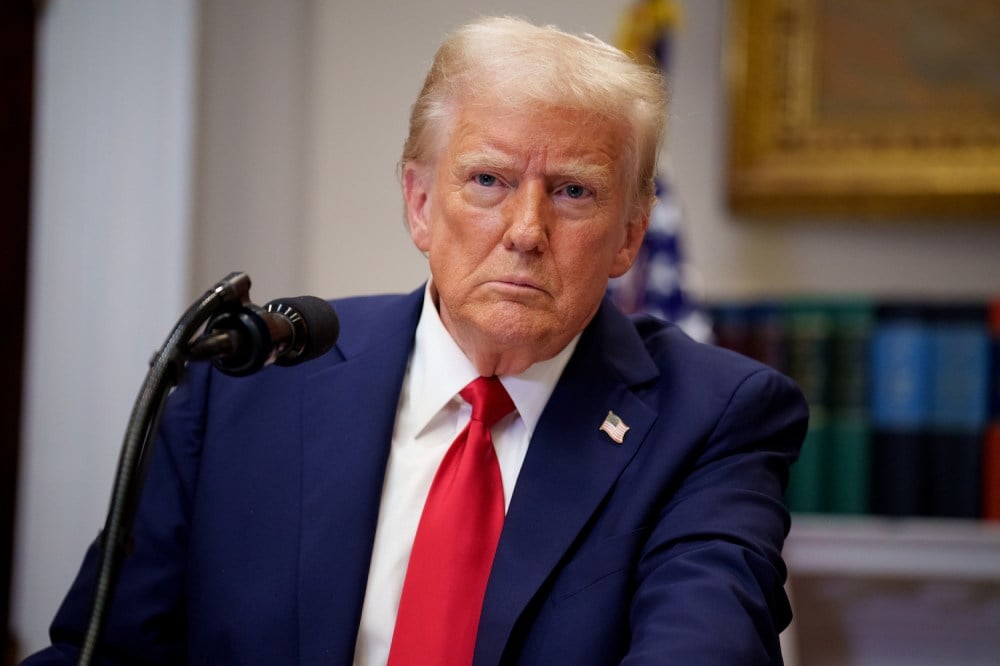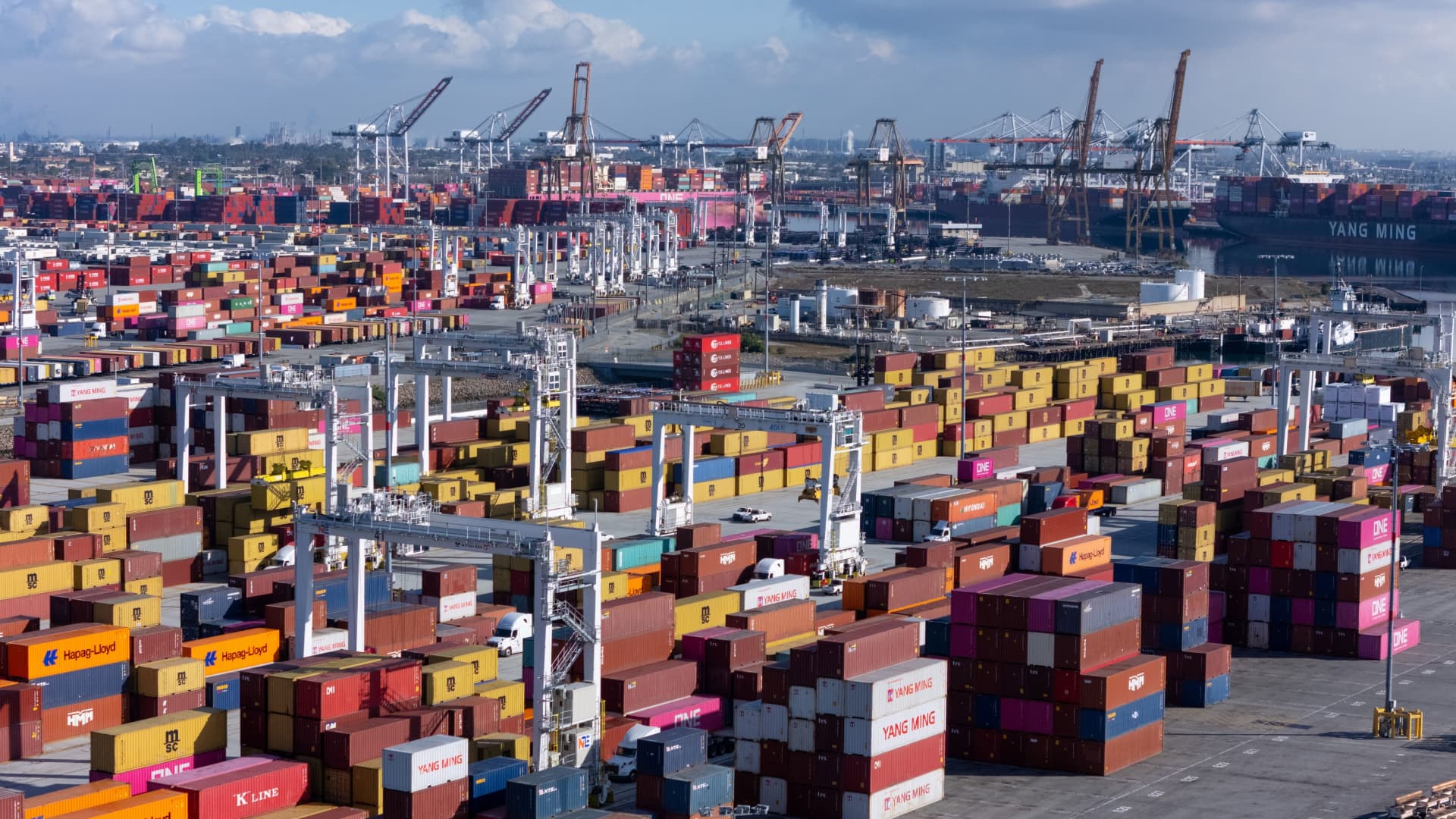Rising Tensions: Trump’s New Tariffs Ignite Trade War Fears
As President Trump announced new tariffs on Chinese imports, the world held its breath, bracing for the potential fallout from this bold economic maneuver. The President’s decision, rooted in a desire to protect American industries, has ignited fears of escalating trade tensions that could ripple through global markets. Experts are now questioning the future of U.S.-China relations, as well as the broader implications for the global economy.
The Tariff Landscape: What’s at Stake?
The newly imposed tariffs target a range of products, from electronics to textiles, with some estimates suggesting that they could affect billions of dollars in trade. These tariffs are not merely financial penalties; they represent a significant shift in how the United States engages with one of its largest trading partners.
Here’s a breakdown of the key elements:
- Economic Impact: Tariffs can lead to increased prices for consumers and businesses reliant on imported goods. This could stifle consumer spending, a vital component of the U.S. economy.
- Supply Chain Disruptions: Many American companies depend on Chinese manufacturers for components. New tariffs could disrupt these supply chains, leading to delays and increased costs.
- Retaliation Risks: China has historically responded to U.S. tariffs with its own set of tariffs. This tit-for-tat strategy could escalate tensions, leading to a full-blown trade war.
Understanding the Rationale Behind the Tariffs
President Trump’s administration has long argued that the U.S. has been at a disadvantage in trade with China. The rationale for the new tariffs includes:
- Trade Deficit: The United States has experienced a significant trade deficit with China, which some policymakers believe undermines American manufacturing.
- Intellectual Property Concerns: There are ongoing allegations that China engages in unfair practices regarding intellectual property theft. Tariffs are seen as a tool to pressure China into changing these practices.
- Encouraging Domestic Production: By making imports more expensive, the administration hopes to encourage consumers to buy American-made products, potentially boosting local economies.
Global Reactions: Allies and Adversaries
The announcement of these tariffs has evoked a variety of responses from allies and adversaries alike:
- Support from Some U.S. Manufacturers: Certain sectors, particularly those in manufacturing, have expressed support for the tariffs, seeing them as a necessary measure to level the playing field.
- Concerns from Economists: Many economists warn that the tariffs could stifle economic growth and lead to job losses, particularly in industries reliant on imports.
- International Allies: Countries like Canada and those within the European Union have raised concerns about the impact of U.S. tariffs on their economies and the potential for retaliatory actions.
Potential Consequences for U.S.-China Relations
The introduction of new tariffs is a significant escalation in what has already been a fraught relationship between the U.S. and China. The potential consequences include:
- Strained Diplomatic Relations: The tariffs could lead to a breakdown in diplomatic negotiations, making it more difficult to address other critical issues such as North Korea or climate change.
- Increased Military Tensions: Economic tensions can spill over into military posturing, particularly in the South China Sea, where both nations have competing interests.
- Long-term Economic Decoupling: If tariffs continue, the U.S. and China could move towards a decoupled economy, where both nations seek to become self-sufficient, ultimately reshaping the global economic landscape.
What’s Next? The Path Forward
As experts analyze the implications of Trump’s new tariffs, several potential paths forward emerge:
- Negotiation and Compromise: There remains a possibility for diplomatic talks that could lead to a resolution, with both sides agreeing on terms that benefit their economies.
- Continued Escalation: If both countries dig in their heels, we could see an escalation of tariffs, leading to a protracted trade war with no clear end in sight.
- Impact on Global Markets: Investors will be closely watching how these tariffs affect global markets. Volatility could become the norm as businesses and consumers adapt to the new trade landscape.
Conclusion: Looking to the Future
The announcement of new tariffs by President Trump has certainly ignited trade war fears, raising questions about the future of U.S.-China relations and the global economy. While the intentions behind the tariffs may be rooted in a desire to protect American interests, the potential consequences could reshape international trade dynamics for years to come.
As we navigate this uncertain terrain, it’s crucial for policymakers, businesses, and consumers to remain informed and adaptable. The global economy is intricately connected, and the unfolding narrative of these tariffs will undoubtedly draw in various stakeholders from around the world. The hope is that through dialogue and cooperation, both the U.S. and China can find a way to address their differences without resorting to a trade war that could have far-reaching implications for all involved.
See more CCTV News Daily



